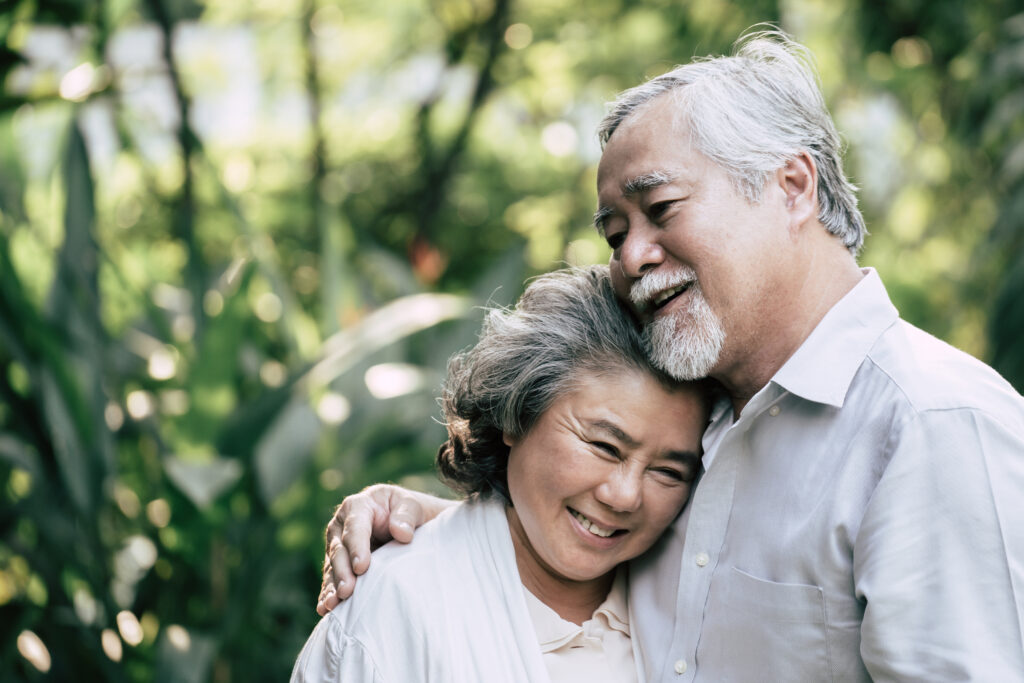Learning Objectives
Explain development and change through late adulthood
- Describe physical changes in late adulthood
- Explain cognitive development in late adulthood
- Describe psychosocial development in in late adulthood
We are considered to be in late adulthood from the time we reach our mid-sixties until death. For the purpose of this textbook and chapter, we will define late adulthood from age 65 to 100 and beyond. This is the longest developmental stage across the lifespan. In this chapter, we will learn how many people are in late adulthood, how that number is expected to change, and how life changes and continues to be the same as before in late adulthood. We will also examine several theories of human aging, the physical, cognitive, and socioemotional changes that occur with this population, and the vast diversity among those in this developmental stage.
